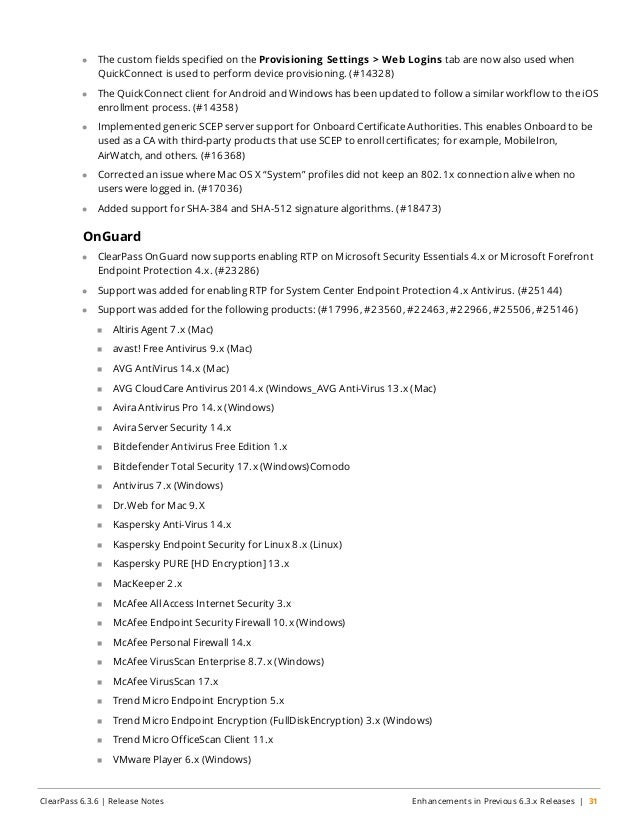Forefront Detecting All Emails As Virus Exceeded Realtime Timeout
This (confusing) message is Forefront's way of saying that the virus scans are timing out. Do you have high CPU or I/O utilization on this server that may be making it difficult for Forefront to scan the e-mails in the default timeout period? In any case, you can increase the timeout for the Realtime and Transport scans by navigating to the following registry key: HKEY_LOCAL_MACHINE Software Wow6432Node Microsoft Forefront Server Security Exchange Server You will need to create two DWORD value keys that specify the timeout, which by default is 300,000 milliseconds (5 minutes). Try a value of 600000 (10 minutes), and if you are still getting timeouts, try 900000 (15 minutes).

The keys are: RealtimeTimeout TransportTimeout I don't know off the top of my head the FSE service name that you'll need to bounce to load these registry settings once you add them, but a reboot will do the trick. Two other thoughts. 1) In the FSE options, there is a Transport Scan Timeout Action option. If you set this setting to Skip, ForeFront will try to scan the message, and if it times out, will skip the message and move on to the next one. If it times out again the next time it trys to scan the message, it will be delivered without being scanned. On the bright side, you'll get the messages that aren't currently being delivered. On the down side, you could potentially have a virus make it through without being scanned.

Hp Chemstation Software more. Virus and Malware; Windows. Emails will scan by AntiMalware before reach your mailbox and for company, you could set use solution such as Forefront Protection for. To control the Realtime Scan Job, click OPERATE in the Shuttle Navigator, and then click the Run Job icon. The Run Job work pane appears. Select the Realtime Scan Job in the list at the top of the Run Job work pane. The bottom portion of the Run Job work pane shows the status and results of the currently selected scan job.
2) To potentially reduce the load on your scanner (from page 88 of the guide below): By default, Forefront Security for Exchange Server is configured to scan all attachments for viruses. To perform scans as quickly and efficiently as possible, however, Forefront Security for Exchange Server can be configured to only scan file attachments that can potentially contain viruses. It does this by first determining the file type and then by determining if that file type can be infected with a virus. Determining the file type is accomplished by looking at the file header and not by looking at the file extension. This is a much more secure method because file extensions can be easily spoofed. This check increases Forefront Security for Exchange Server performance while making sure no potentially infected file attachments pass without being scanned. If you would like Forefront Security for Exchange Server to only scan attachments that can potentially be infected with a virus, set the registry key ScanAllAttachments to 0.